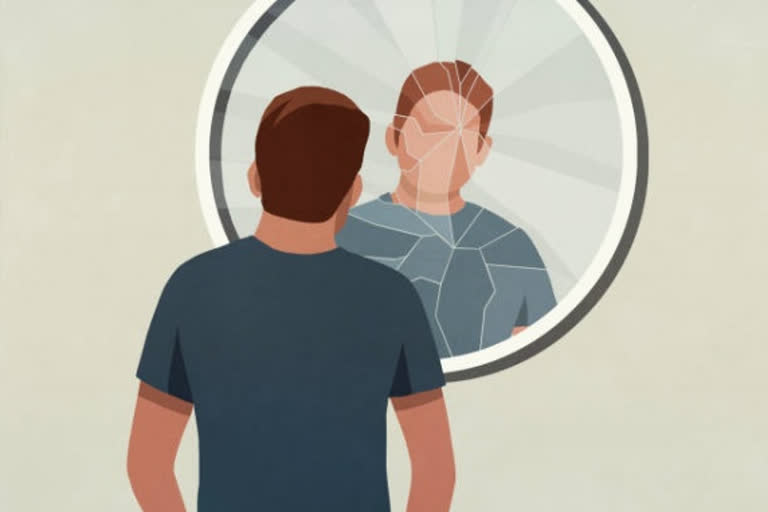Melbourne: It's not uncommon these days to hear someone such as an ex-romantic partner or a politician described as a Narcissist. Singer Robbie Williams recently told an interviewer he took an online test to see if he was one. He revealed the test suggested a mild indication of narcissistic personality disorder. But what is narcissism, when is it a problem and can an online test really provide a reliable diagnosis?
A fixation on oneself: According to the Greek myth, a beautiful young man called Narcissus fell in love with his own reflection in a pool of water. He stayed staring at it for the rest of his life. His name gave rise to the term narcissism, characterised by a fixation on oneself. Narcissism is a cluster of traits along a range of severity.
At one end of the spectrum, people may be confident, charming and well-adapted. In the middle of the spectrum, people may be overly focused on seeking out status, success and admiration at work or in their social lives. They can have a need to appear perfect, special or superior to others in order to feel OK about themselves. At the very extreme end, it may become a disorder in which people can be self-centred, grandiose and destructive.
What's 'narcissistic personality disorder'? Narcissistic personality disorder is a mental health diagnosis given to people with extremely narcissistic traits. These traits have reached the point where they start to impact on the person's ability to function at work or socially. Narcissistic personality disorder is relatively rare. It is estimated around 1% of the population has a diagnosable form of the condition. Men tend to be more narcissistic than women.
There is no evidence that young people are more narcissistic than previous generations at the same age. Their symptoms are described as pervasive, meaning they are obvious across all of a person's activities, not just in specific situations. So, on the face of it, pop star Robbie William's insistence his score on the quiz reflected only his narcissistic personality on stage is not quite accurate.
People with narcissistic personality disorder tend to overestimate their abilities and exaggerate their achievements. And they are surprised or angry when others don't notice their accomplishments. They need constant confirmation of their value, specialness or importance. They may have fantasies about power, success, having perfect lives or relationships, believing these are not only achievable but deserved.
Specialness by association:People with narcissistic personality disorder might talk a lot about how people in their lives are extra special in some way such as being the very best at something or leaders in a particular field because it increases their own sense of specialness by association. When their status or superiority is challenged they can respond with extreme anger, rage or belittling the person and their opinion. They find it difficult to tolerate the thought they may be flawed or vulnerable in some way.
